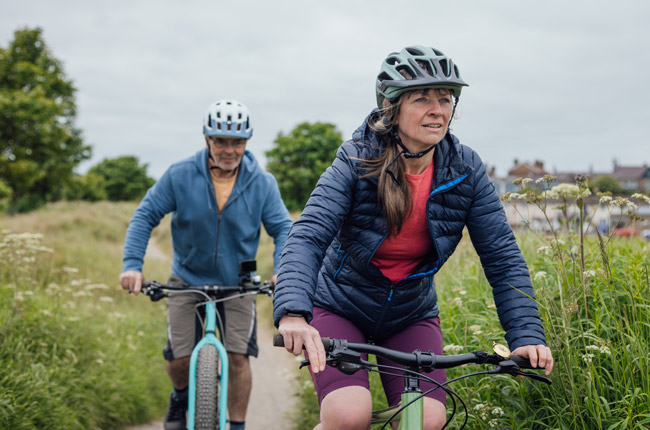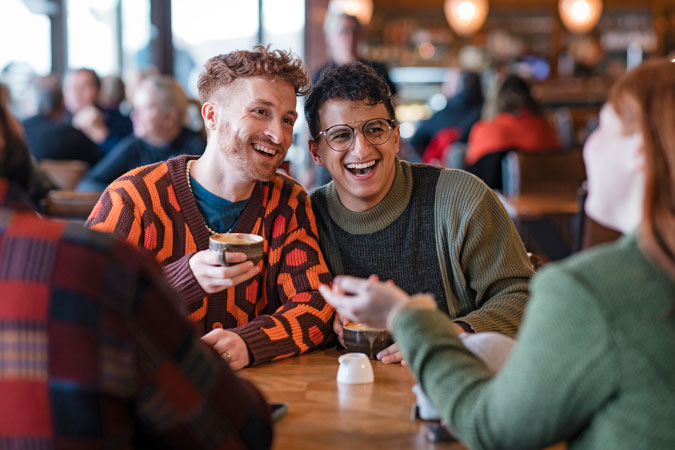Background
There is ample evidence suggesting that cancer is a preventable disease. Lifestyle factors have been shown to affect cancer development and among those, obesity and lack of physical activity play an important role in the occurrence of several cancers. However, the evidence for specific foods or nutrients affecting cancer risk is largely inconsistent in the scientific literature.
A potential reason for these inconsistencies is that foods and nutrients are strongly inter-related, and it is difficult to separate them and decipher their independent effects. Yet there is still an urgent societal need to identify specific food or ingredients for the prevention of cancer.
Aims and objectives
Our aim was to identify the reasons behind the inconsistencies in previous studies between specific food and cancer risk. We hypothesized that part of this literature is biased.
Therefore, we systematically collected and critically studied this literature. In addition, we performed new association studies using bias-free techniques for several food and nutrients in relation to risk of the four most common cancers: lung, breast, colorectal and prostate.
We also evaluated whether certain foods or nutrients act together with variations in an individual’s genome to further increase or reduce cancer risk.
How the study was done
First, we summarised and evaluated the existing evidence between diet, body fat, physical activity and risk of developing cancer and death. We then conducted nutrient-wide association studies to systematically and comprehensively evaluate the association between specific food and nutrients with the risk of prostate, breast, colorectal or lung cancer. Lastly, we investigated the potential cause of any links by looking at the interactions between food and natural differences in people’s genome.
Conclusions
Our research reaffirmed that there is a strong link between obesity and a higher risk of cancer and physical activity with a lower risk of cancer. For specific foods and nutrients there was less evidence for a link with cancer. The strongest association was for alcohol intake and higher risk of several gastrointestinal cancers and breast cancer, and eating dairy and wholegrain products with lower risk of colorectal cancer.
Grant publications
- Genetically predicted circulating concentrations of micronutrients and risk of breast cancer: a Mendelian randomisation study
- Physical activity and cancer: an umbrella review of the literature including 22 major anatomical sites and 770,000 cancer cases
- Circulating vitamin D concentration and risk of seven cancers: Mendelian randomisation study plus letters in response to the article
- Adiposity and cancer at major anatomical sites: umbrella review of the literature
- Diet, body size, physical activity and risk of prostate cancer: an umbrella review of the evidence



